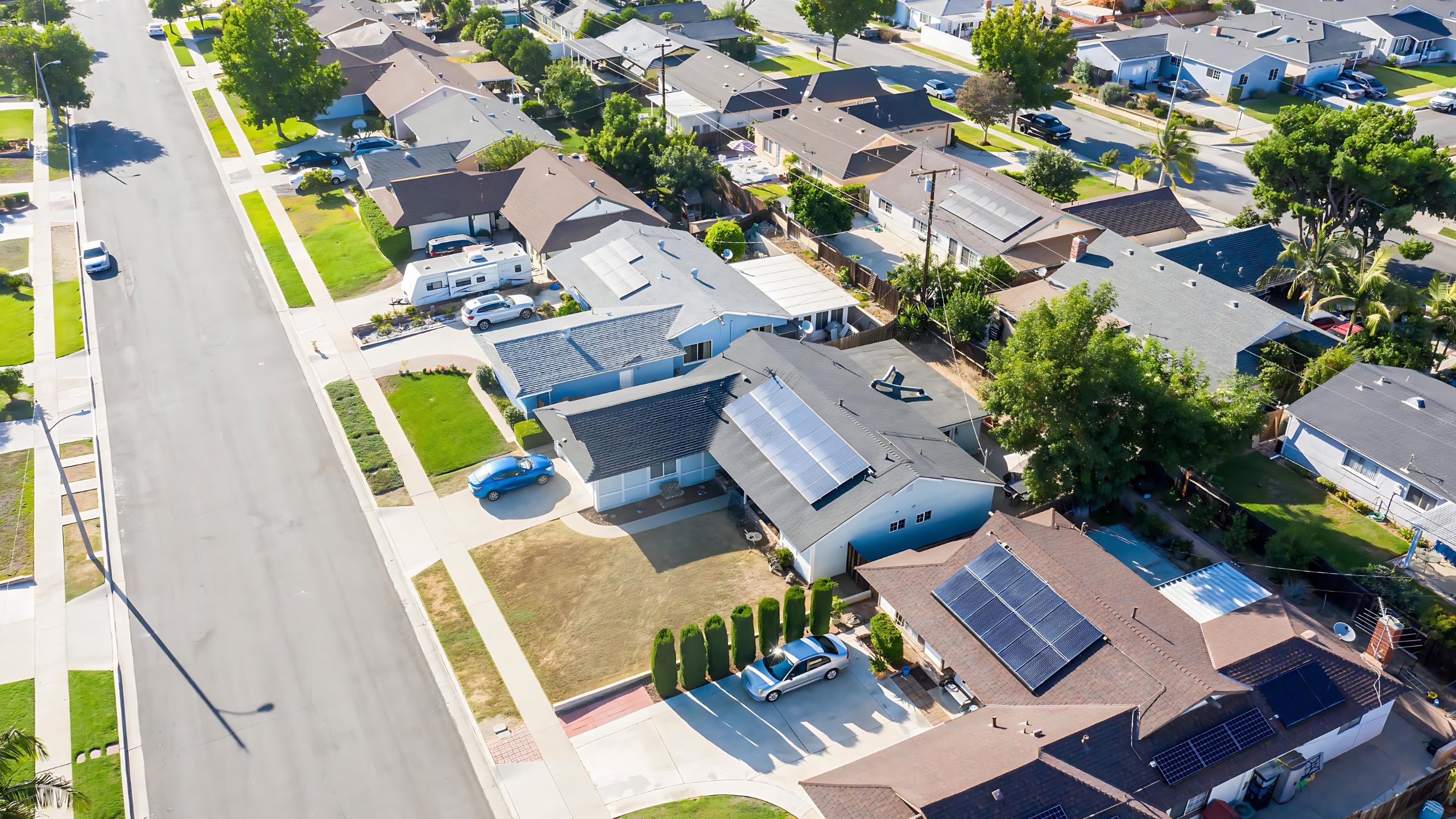
Solar energy offers a range of benefits for homeowners, from cost savings to environmental impact. This comprehensive guide outlines the key advantages of adopting solar power for your home and provides insights into how solar energy can enhance your quality of life.
1. Financial Savings
Reduced Electricity Bills
One of the most compelling reasons to install solar panels is the significant reduction in electricity bills. By generating your own electricity, you reduce your reliance on the grid and decrease monthly energy expenses. Solar panels allow homeowners to take advantage of free energy from the sun, resulting in lower utility costs.
Return on Investment
Solar panels offer a favorable return on investment (ROI). The initial costs of installation are often offset by long-term savings on energy bills. Many homeowners see a payback period of around 5 to 10 years, after which they benefit from virtually free electricity. Additionally, the increasing value of properties with solar panels can enhance ROI.
Property Value Increase
Homes equipped with solar panels are often valued higher than comparable properties without solar installations. Potential buyers are attracted to the long-term cost savings and environmental benefits associated with solar energy. This increase in property value makes solar panels a smart investment for homeowners.
2. Environmental Impact
Reduced Carbon Footprint
Solar energy is a clean, renewable resource that helps reduce a homeowner’s carbon footprint. By switching to solar power, you decrease your reliance on fossil fuels and contribute to a reduction in greenhouse gas emissions. This transition supports the global effort to combat climate change and protect the environment.
Sustainable Energy Source
Unlike non-renewable energy sources, solar power is sustainable and inexhaustible. As long as the sun shines, solar energy can be harnessed, making it a reliable and long-term solution for meeting energy needs. This sustainability makes solar energy an attractive option for environmentally conscious homeowners.
3. Energy Independence
Reduced Reliance on the Grid
Solar panels enable homeowners to generate their own electricity, reducing dependence on the public power grid. This independence can be particularly valuable during power outages or in areas with unreliable electricity supply. Solar energy systems provide a level of self-sufficiency that enhances energy security.
Stable Energy Costs
Solar panels help stabilize energy costs by protecting homeowners from fluctuations in utility rates. Once installed, solar panels provide a consistent source of energy, reducing vulnerability to rising electricity prices. Fixed-rate solar energy contracts or net metering agreements further contribute to cost stability.
4. Technological Advancements
Improved Panel Efficiency
Advancements in solar technology have led to more efficient solar panels. Modern panels convert a higher percentage of sunlight into electricity, maximizing energy production and improving overall system performance. These improvements ensure that homeowners can generate more power with fewer panels.
Integration with Smart Home Technology
Solar energy systems can be integrated with smart home technology for enhanced energy management. Smart inverters and monitoring systems allow homeowners to track energy production and consumption in real time. This integration enables better control and optimization of solar power usage.
5. Low Maintenance Requirements
Minimal Upkeep
Solar panels require minimal maintenance compared to other energy systems. Regular cleaning and occasional inspections are typically sufficient to keep the system operating efficiently. Most solar panels come with warranties ranging from 20 to 25 years, ensuring long-term reliability and performance.
Durability
Solar panels are designed to withstand various weather conditions and have a long operational life. The robust construction of solar panels ensures durability, making them a dependable and long-lasting energy solution for homeowners.
6. Government Incentives and Rebates
Tax Credits
Many governments offer tax credits to incentivize the adoption of solar energy. These credits can significantly reduce the upfront cost of solar panel installation, making it more affordable for homeowners. Programs like the Federal Investment Tax Credit (ITC) provide substantial savings on solar investments.
Local and State Incentives
In addition to federal tax credits, many local and state governments offer additional incentives for solar panel installations. These programs can include rebates, grants, or performance-based incentives, further reducing the cost and increasing the attractiveness of solar energy.
7. Job Creation and Economic Benefits
Supporting Local Economies
The solar energy industry contributes to job creation and economic growth. By investing in solar panels, homeowners support the expansion of the renewable energy sector, creating jobs in installation, maintenance, and manufacturing. This economic activity benefits local communities and promotes sustainable development.
Reducing Energy Imports
By generating their own electricity, homeowners reduce the need for energy imports. This reduction decreases the reliance on imported fossil fuels, contributing to national energy security and reducing the economic impact of energy importation.
Conclusion
Solar energy provides numerous benefits for homeowners, including financial savings, environmental impact reduction, and increased energy independence. Technological advancements and government incentives further enhance the advantages of solar power. With low maintenance requirements and long-term durability, solar panels offer a reliable and sustainable solution for meeting energy needs while supporting economic growth and environmental conservation.